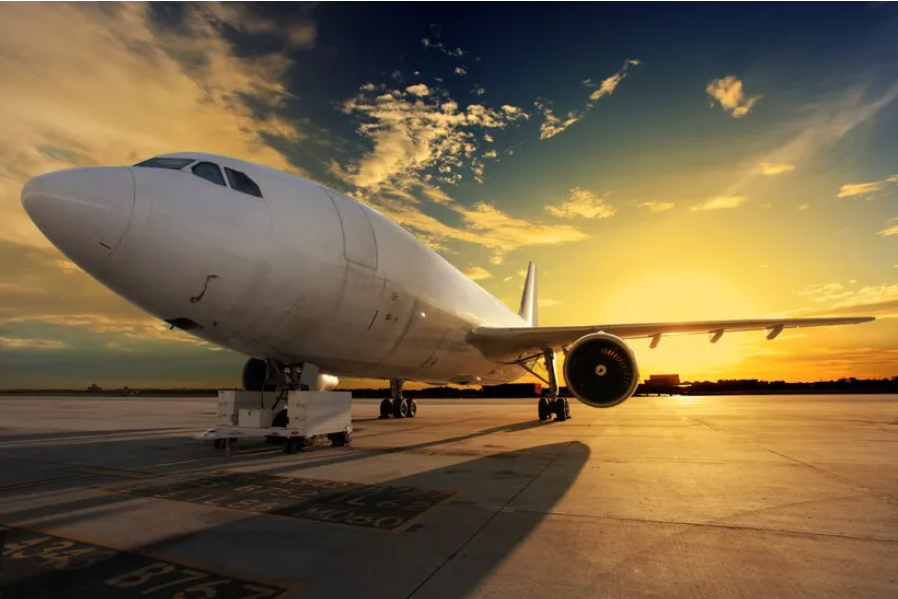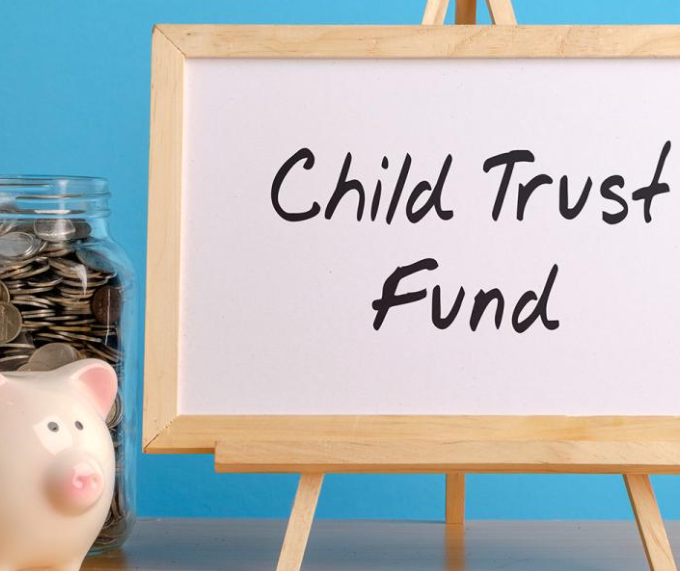- Home
- Billionaires
- Investing Newsletters
- 193CC 1000
- Article Layout 2
- Article Layout 3
- Article Layout 4
- Article Layout 5
- Article Layout 6
- Article Layout 7
- Article Layout 8
- Article Layout 9
- Article Layout 10
- Article Layout 11
- Article Layout 12
- Article Layout 13
- Article Layout 14
- Article Sidebar
- Post Format
- pages
- Archive Layouts
- Post Gallery
- Post Video Background
- Post Review
- Sponsored Post
- Leadership
- Business
- Money
- Small Business
- Innovation
- Shop
Recent Posts
Aviation Growth Trajectory Collides with Global Climate Ambitions, New Studies Warn

The aviation industry faces mounting scrutiny as recent studies reveal a stark contradiction between projected air travel growth and global climate objectives. Air passenger numbers are expected to more than double by 2050, leading to a concerning 59% increase in fuel consumption from 2019 levels, severely undermining the sector’s commitment to achieving net-zero emissions.
The International Energy Agency reports that aviation demand has more than doubled since 2000, with both passenger and freight sectors showing robust growth despite temporary setbacks during the COVID-19 pandemic. CO2 emissions from aviation have already reached 80% of their pre-pandemic peak and are projected to surpass 2019 levels by 2025.
Transport & Environment (T&E), a Brussels-based environmental group, has called for immediate action to curb this unsustainable growth. The organization advocates for limiting airport infrastructure expansion, reducing corporate travel, and implementing higher taxation on the sector. This comes as total commercial air passenger activity increased by approximately 70% in 2022, with international aviation leading the recovery at over 150% growth.
Adding to these concerns, recent research highlights the stark inequality in aviation emissions. Just 1% of the world’s population, classified as “super emitters,” is responsible for more than half of the global CO2 emissions from passenger air travel. These frequent flyers travel approximately 56,000km annually, while most of the world’s population doesn’t fly at all – with non-flyers making up 65% in Germany, 48% in the UK, and 53% in the USA.
The industry’s attempts to address these challenges through sustainable aviation fuels (SAF) face significant hurdles. While the EU has mandated a gradual increase in SAF usage, starting with 2% in 2025 and targeting 70% by 2050, current supply remains limited and prices are up to five times higher than traditional jet fuel.
The TAKE-OFF project, initiated under the European Union’s Horizon 2020 program, offers some hope through its development of e-Sustainable Aviation Fuel (e-SAF). This innovative approach converts captured CO2, water, and renewable energy into synthetic fuel that can be used in existing aircraft without modifications. However, the transition to these sustainable alternatives faces economic challenges, as fuel costs already account for approximately one-third of total airline expenses.
Recent projections from Bain & Company indicate that global Revenue Passenger Kilometers (RPK) will reach 11.4 trillion by 2030, representing 136% of 2019 volumes. This growth trajectory poses a significant challenge to the aviation industry’s pledge to reach net-zero emissions by 2050, a commitment made by ICAO member states in late 2022.
Environmental experts argue that without decisive action, the aviation sector’s environmental impact will continue to grow. The industry currently accounts for about 2.5% of global carbon emissions, and measures such as fuel efficiency improvements have not kept pace with demand growth, which increased at an average rate of over 5% annually between 2010 and 2019.
As the world grapples with these challenges, the need for a comprehensive approach combining technological innovation, regulatory reform, and demand management becomes increasingly apparent. The success of aviation’s sustainability transition will depend on balancing growth aspirations with environmental imperatives, requiring unprecedented collaboration between industry stakeholders, governments, and consumers.
- air pollution
- air traffic growth
- air transport
- air travel demand
- aviation efficiency
- aviation emissions
- aviation emissions reduction
- aviation environmental impact
- aviation future
- aviation growth
- aviation industry
- aviation industry trends
- aviation planning
- aviation policy
- aviation sector
- aviation sustainability
- aviation technology
- Carbon Emissions
- Carbon footprint
- carbon neutral aviation
- carbon reduction
- climate action
- climate adaptation
- Climate Change
- Climate Change Mitigation
- climate emergency
- climate goals
- climate mitigation
- climate policy
- climate science
- climate strategy
- climate targets
- Environmental Awareness
- Environmental Conservation
- Environmental Impact
- environmental impact assessment
- environmental management
- Environmental Policy
- environmental protection
- environmental regulations
- environmental responsibility
- Environmental Sustainability
- green aviation
- greenhouse gases
- net-zero emissions
- passenger growth
- sustainable aviation
- sustainable aviation fuel
- Sustainable Development
- Sustainable Development Goals
- Sustainable Solutions
- sustainable transport
- transport emissions
Recent Posts
Categories
- 193 Countries Consortium Partner1
- 193cc Digital Assets2
- 5G1
- Aerospace & Defense48
- AI37
- Arts3
- Banking & Insurance11
- Big Data3
- Billionaires1,261
- Boats & Planes1
- Business332
- Careers13
- Cars & Bikes79
- CEO Network1
- CFO Network17
- CHRO Network1
- CIO Network1
- Cloud10
- CMO Network18
- Commercial Real Estate7
- Consultant1
- Consumer Tech194
- CxO1
- Cybersecurity73
- Dining1
- Diversity, Equity & Inclusion4
- Education7
- Energy8
- Enterprise Tech29
- Events11
- Fintech1
- Food & Drink2
- Franchises1
- Freelance1
- Future Of Work2
- Games149
- GIG1
- Healthcare79
- Hollywood & Entertainment203
- Houses1
- India’s 1000 Richest1
- Innovation46
- Investing2
- Investing Newsletters4
- Leadership65
- Lifestyle11
- Manufacturing1
- Markets20
- Media327
- Mobile phone1
- Money13
- Personal Finance2
- Policy569
- Real Estate1
- Research6
- Retail1
- Retirement1
- Small Business1
- SportsMoney42
- Style & Beauty1
- Success Income1
- Taxes2
- Travel10
- Uncategorized13
- Vices1
- Watches & Jewelry2
- world's billionaires1,230
- Worlds Richest Self-Made Women2
Related Articles
Atos Surpasses 2024 Liquidity Targets with €2.19 Billion Year-End Position, Marking Strong Financial Recovery
French IT giant Atos SE has announced its estimated liquidity position for...
By 193cc Agency CouncilJanuary 22, 2025Innovative Gaming Meets Sustainability: Cranfield School’s “Game of Life” Wins Prestigious FT Teaching Award
In a significant recognition of innovative educational approaches, Cranfield School of Management...
By 193cc Agency CouncilJanuary 22, 2025Bitcoin Shatters Records, Surges Past $109,000 as Trump’s Inauguration Fuels Crypto Rally
In a historic moment for the cryptocurrency market, Bitcoin reached an unprecedented...
By 193cc Agency CouncilJanuary 20, 2025Billions in Child Trust Funds Remain Unclaimed as Young Adults Miss Out on Financial Windfall
A staggering £1.4 billion in Child Trust Funds (CTFs) remains unclaimed, with...
By 193cc Agency CouncilJanuary 20, 2025















Leave a comment